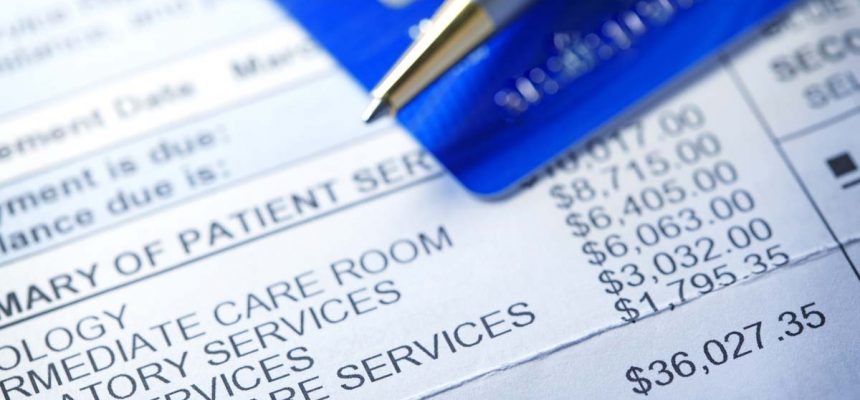Patient Charged $10,000 For Sleep Apnea Study
By Consumers For Quality Care, on December 8, 2021

When 61 year old Jose Mendoza was ordered by his doctor to visit an overnight sleep lab to treat his severe sleep apnea, it helped treat his condition, but came with a price tag of over $10,000, according to NPR.
When Mendoza complained about headaches and cardiac problems, it was determined that his sleep apnea was the cause of these health issues. Doctors ordered him to visit an overnight sleep lab to determine the best CPAP device. Soon after the sleep lab, Mendoza was given a CPAP device which now helps him sleep better and improves his health.
However, the sleep lab came with a price – over $10,000 – of which Mendoza owed over half, even with his insurance.
Sleep studies are somewhat controversial and have been flagged in the past as being overused. The Office of Inspector General at the federal Department of Health and Human Services has identified billing problems with these sleep studies that sometimes lead to Medicare overpayments.
While the health system’s charge was abnormally high, so was the amount Mendoza’s insurer agreed to pay. Mendoza’s health plan, which has no monthly premiums but a high deductible of $5,000, left him on the hook for paying half of this large bill.
“Billed charges are just completely fictitious,” says Jordan Weintraub, vice president of claims at WellRithms, a company that analyzes medical bills for self-funded companies and other clients. “There’s really no grounds for charging it other than that they can.”
The health system also categorized the sleep study as an “elective service,” even though the emergency department staff determined Mendoza needed a new CPAP device, and his pulmonologist and insurer preauthorized the study.
Consumers should be diligent and ask for a cost estimate in writing for nonemergency care. Consumers can also negotiate with hospitals to lower their bill or inquire about payment assistance. CQC also urges lawmakers to enact policies that make it easier for consumers to anticipate the price of medical care so they can make informed decisions for them and their families.




